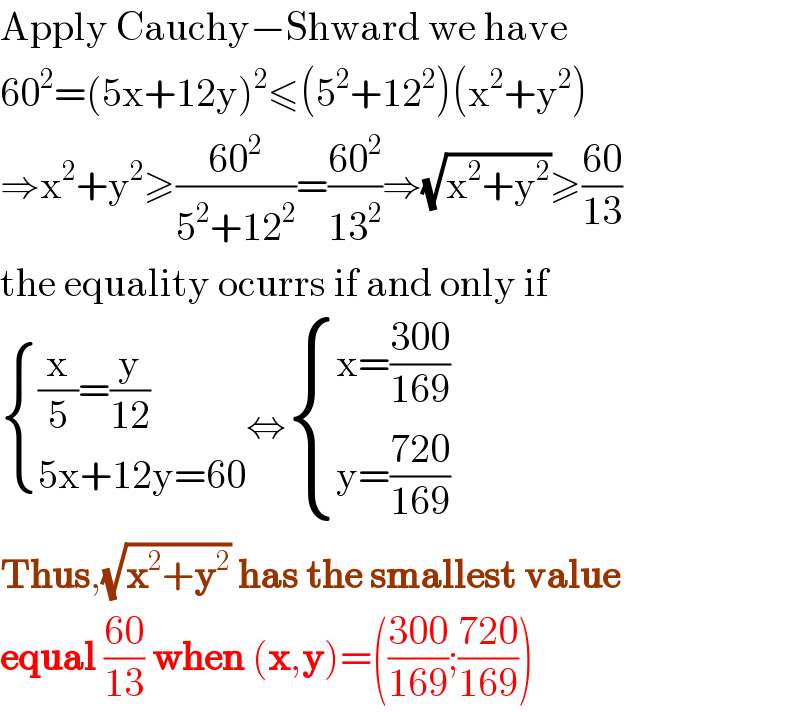
Question and Answers Forum
Question Number 103040 by bobhans last updated on 12/Jul/20
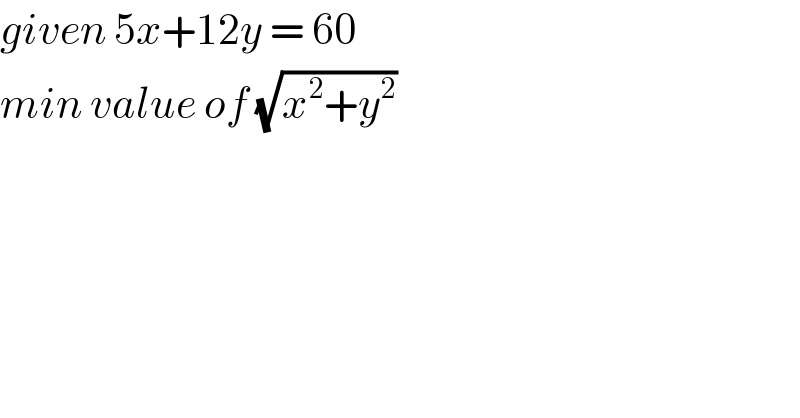
Answered by bobhans last updated on 12/Jul/20

Commented by mathmax by abdo last updated on 12/Jul/20

Commented by bemath last updated on 12/Jul/20

Answered by ajfour last updated on 12/Jul/20
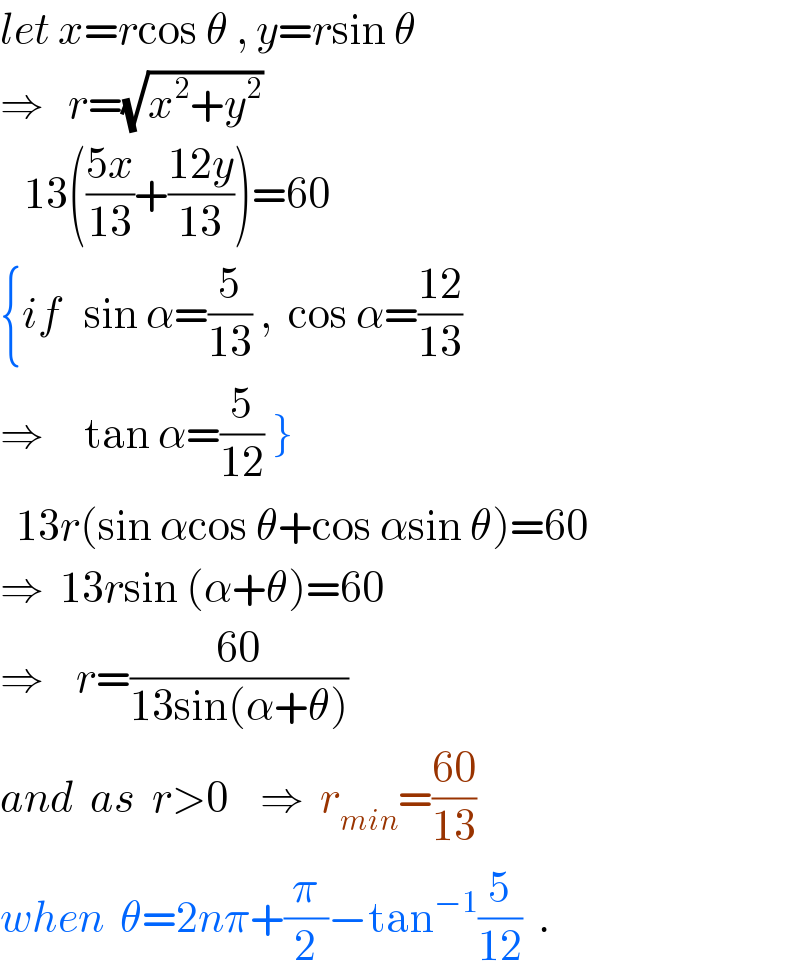
Answered by maths mind last updated on 12/Jul/20
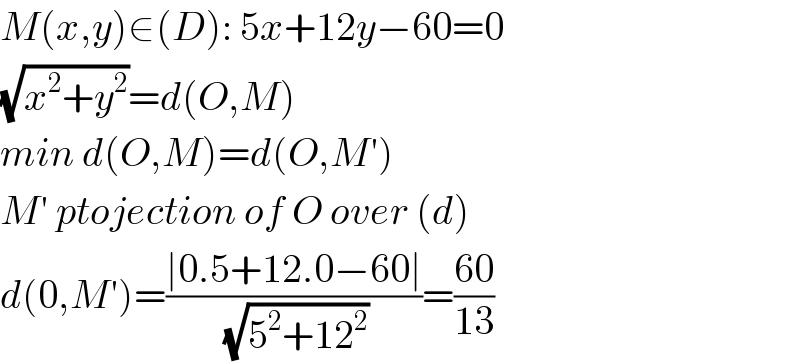
Answered by mr W last updated on 12/Jul/20
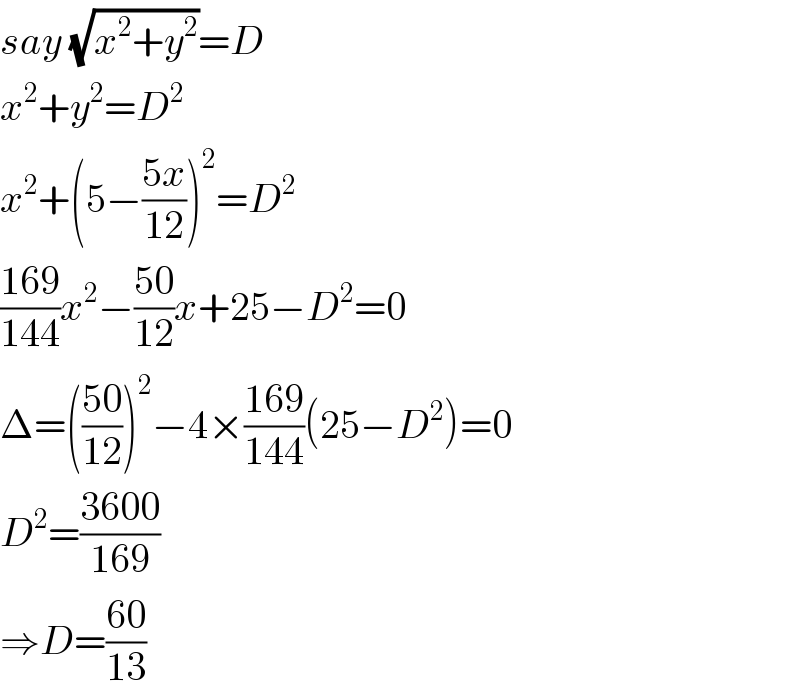
Answered by 1549442205 last updated on 13/Jul/20
